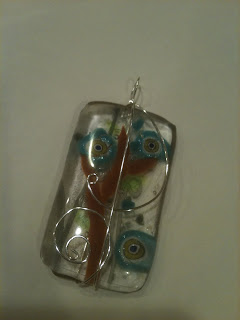It is a very common blog post now-a-days...folks bemoaning and apologizing for not updating their blog. I could publish the same sentiment. It has literally been ages (in dog years, it would be "eras") since I have posted, but I have very good reasons.
1. I've been incredibly busy. Work, family, life, and a host of other things. Same as you. Okay, no news there.
2. I have more regularly been posting shorter thoughts and bursts of inspiration on Twitter and on FaceBook. Professionally, I have been more active on LinkedIn. For those who really want to follow me, you should find me there.
3. I have been a guest blogger on Runco, Planar, InfoComm All Voices, and even recently on Electronic Design. You can follow me there as well.
I look forward to connecting with you and promise to give this blog (and some of my recent reading, conference curriclum and business learnings) some attention here in the coming months.
1. I've been incredibly busy. Work, family, life, and a host of other things. Same as you. Okay, no news there.
2. I have more regularly been posting shorter thoughts and bursts of inspiration on Twitter and on FaceBook. Professionally, I have been more active on LinkedIn. For those who really want to follow me, you should find me there.
3. I have been a guest blogger on Runco, Planar, InfoComm All Voices, and even recently on Electronic Design. You can follow me there as well.
I look forward to connecting with you and promise to give this blog (and some of my recent reading, conference curriclum and business learnings) some attention here in the coming months.








